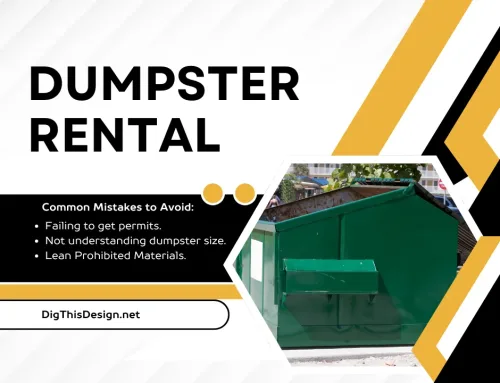Procrastination is a common challenge that almost everyone faces at some point. Despite our best intentions and well-laid plans, many of us find it difficult to follow through and complete tasks.
Whether it’s a critical work project, a household chore, or a personal goal, procrastination can hinder progress and lead to stress and frustration. Understanding the underlying reasons for procrastination can be the first step in overcoming it.
9 Reasons Procrastination Happens

Here are nine common reasons why you may struggle to follow through on your commitments:
1. Fear of Failure
One of the most prevalent reasons for procrastination is the fear of failure. The anxiety of not meeting expectations or producing subpar results can be paralyzing. This fear often leads to avoidance, as it feels safer to delay action than to face potential disappointment or criticism. By recognizing this fear, you can begin to challenge and reframe your thoughts, reminding yourself that making mistakes is a natural part of learning and growth.
2. Perfectionism
Perfectionism is closely related to the fear of failure. When you set impossibly high standards for yourself, the pressure to achieve perfection can be overwhelming. This can result in procrastination because you may believe that anything less than perfect is unacceptable. To combat this, try to shift your focus from perfection to progress. Aim for excellence, not perfection, and acknowledge that it’s okay to make improvements along the way.
3. Lack of Motivation
Without a clear and compelling reason to complete a task, it’s easy to put it off. Motivation is often driven by a sense of purpose or a tangible reward. If a task feels meaningless or disconnected from your goals, it can be hard to muster the energy to start or finish it. To boost motivation, try to connect the task to a larger objective or find an intrinsic reward that makes the effort worthwhile.
4. Poor Time Management
Effective time management is crucial for productivity. If you struggle with organizing your time, it’s easy to become overwhelmed by the number of tasks you need to complete. This can lead to procrastination as you may not know where to start. Developing a clear plan, setting priorities, and breaking tasks into manageable steps can help you stay on track and make steady progress.
5. Distractions = Procrastination
In today’s digital age, distractions are everywhere. From social media notifications to endless email alerts, it’s easy to lose focus. These interruptions can significantly hinder your ability to concentrate and follow through on tasks. To minimize distractions, create a dedicated workspace, turn off non-essential notifications, and establish specific times for checking emails and social media.
6. Lack of Skills or Knowledge
Sometimes, procrastination occurs because you feel ill-equipped to handle a task. If you lack the necessary skills or knowledge, the task can seem daunting and insurmountable. To overcome this, identify the specific areas where you need improvement and seek out resources or training to build your confidence and competence. Remember, it’s okay to ask for help when you need it.
7. Low Energy Levels
Physical and mental fatigue can significantly impact your ability to follow through on tasks. When you’re tired, it’s hard to stay focused and motivated. Ensuring that you get enough sleep, eat a balanced diet, and engage in regular physical activity can help boost your energy levels and improve your productivity. Additionally, taking short breaks throughout the day can help you recharge and maintain your focus.
8. Indecisiveness
Indecisiveness can be a significant barrier to taking action. When faced with multiple options or uncertain outcomes, it’s easy to get stuck in a cycle of analysis paralysis. This can lead to procrastination as you delay making a decision. To combat indecisiveness, set clear criteria for decision-making, limit the time you spend evaluating options, and trust your instincts. Remember, making a decision and adjusting as you go is often better than not making a decision at all.
9. Emotional Distress
Emotional distress, such as anxiety, depression, or stress, can also contribute to procrastination. When you’re struggling with your mental health, it can be challenging to find the motivation and energy to complete tasks. It’s important to address any underlying emotional issues and seek support from friends, family, or mental health professionals. Practicing self-care and mindfulness can also help manage stress and improve your overall well-being.
Procrastination is a multifaceted issue with various underlying causes. By identifying the reasons behind your procrastination, you can develop strategies to address them and improve your productivity. Remember, overcoming procrastination is a gradual process that requires patience and persistence. Start by making small changes, and over time, you’ll build the habits and mindset needed to follow through on your commitments and achieve your goals.
Other posts you might enjoy:
Household Maintenance – Why Prevention Is Better Than The Procrastination





